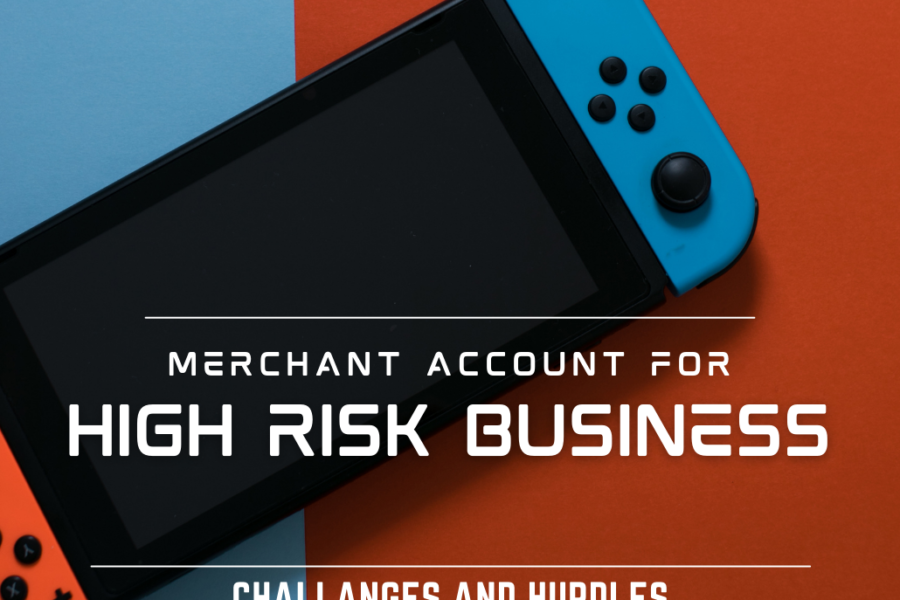Securing a merchant account is crucial for any business to accept card payments, but the process becomes exponentially more complex for high-risk industries. Europe, with its diverse financial landscape and stringent regulations, presents unique hurdles for these businesses.
Understanding High-Risk Businesses
Before delving into the challenges, it’s essential to clarify what constitutes a high-risk business. These typically involve industries with higher chargeback rates, potential for fraud, or regulatory complexities. Examples include online gaming, adult entertainment, cryptocurrency exchanges, and certain financial services.
The Hurdles to Overcome
- Strict Regulatory Environment: Europe boasts a robust regulatory framework to protect consumers and maintain financial stability. While this is commendable, it often translates into stringent requirements for merchant accounts, especially for high-risk businesses. Compliance with regulations like PSD2, GDPR, and AML can be time-consuming and costly.
- Limited Options: Due to the perceived risks, many traditional financial institutions are hesitant to work with high-risk businesses. This significantly limits the pool of potential providers, often leaving businesses with fewer options and potentially higher processing fees.
- Rigorous Underwriting Process: Acquiring banks and payment processors have heightened scrutiny for high-risk merchants. The underwriting process involves extensive documentation, financial analysis, and risk assessment. Meeting these stringent criteria can be a daunting task.
- Chargeback Management: High-risk businesses are more susceptible to chargebacks. Effective chargeback management is crucial for maintaining a good standing with payment processors. However, dealing with disputes and implementing prevention measures can be resource-intensive.
- Reserve Requirements: Some providers may impose reserve requirements, where merchants need to maintain a specific amount of funds in an escrow account to mitigate potential losses. This can impact cash flow and operational efficiency.
- Dynamic Regulatory Landscape: The financial industry is subject to constant regulatory changes. Staying updated with these developments is essential for high-risk businesses to avoid compliance issues and maintain their merchant accounts.
Mitigating the Risks
While the challenges are significant, high-risk businesses can increase their chances of securing a merchant account by:
- Choosing the Right Provider: Partnering with a specialized payment processor experienced in handling high-risk businesses can streamline the process.
- Comprehensive Documentation: Preparing meticulous business and financial documentation is essential to demonstrate stability and transparency.
- Robust Fraud Prevention: Implementing advanced fraud detection and prevention measures can significantly reduce chargeback rates.
- Strong Customer Support: Providing excellent customer service can help minimize disputes and chargebacks.
Navigating the complexities of obtaining a merchant account for a high-risk business in Europe requires careful planning, thorough preparation, and often, the assistance of specialized providers. By understanding the challenges and taking proactive steps, businesses can increase their chances of success


